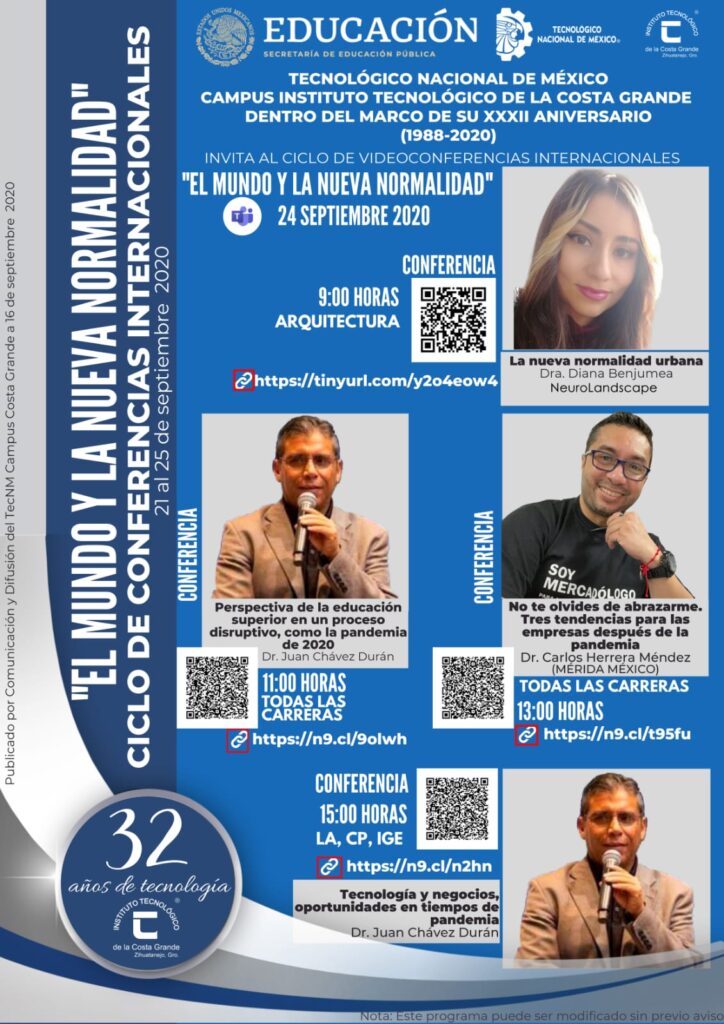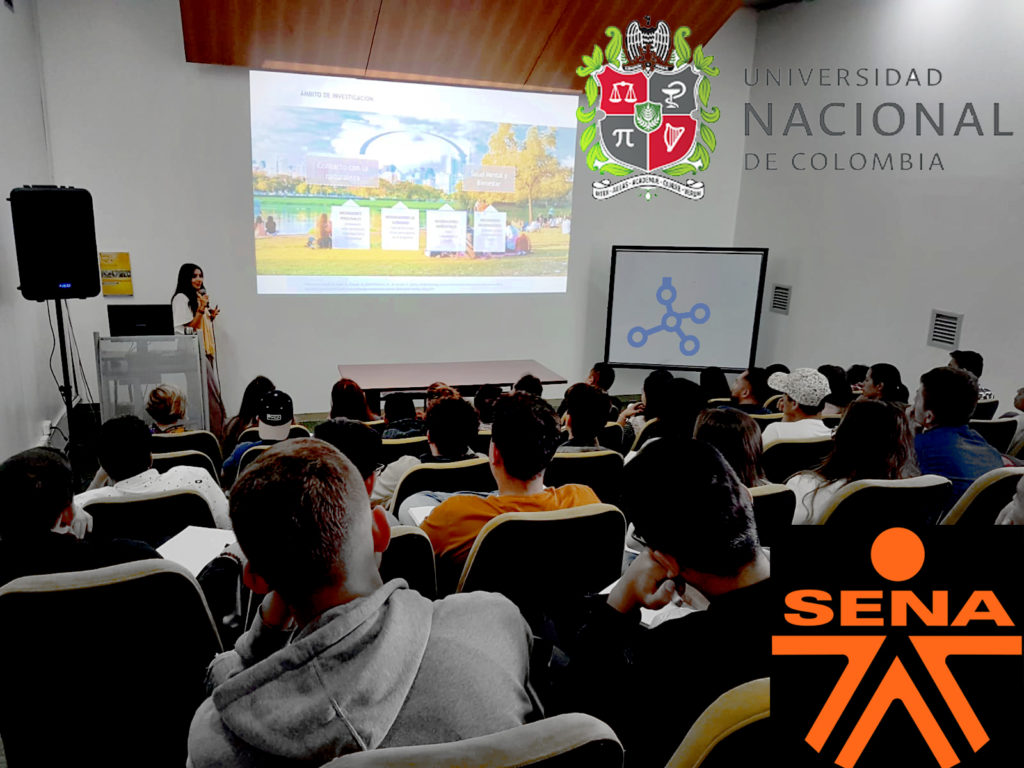24th September 2020. Tecnológico Nacional de México, campus Costa Grande, hosted an online event addressing the World New Normal in the interdisciplinary lens. Dr Diana Benjumea gave a speech regarding architecture and urban planning, where she sets a new paradigm of bottom-up, evidence-based urban design. Moreover, she introduces NeuroLandscape projects and explains the global implications Read More
Tag: columbia
Connecting Social and Urban Studies with Health and Well-being of Communities – Speech at the National University of Colombia in Manizales
On January 29th 2020 NeuroLandscape’s Board Member Dr. Diana Benjumea was invited to give a talk in the Universidad Nacional de Colombia to the staff and students of the Department of Architecture and Built Environment in the city of Manizales. The talk aimed to share the multidisciplinary work that is conducted in NeuroLandscape with special Read More


